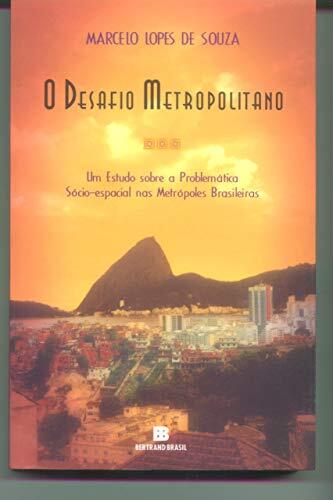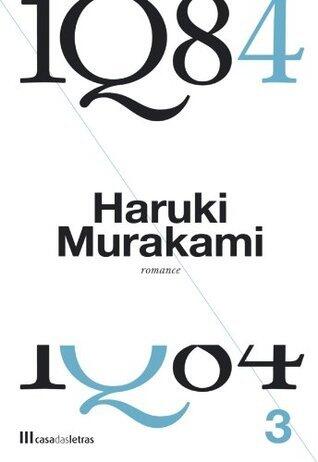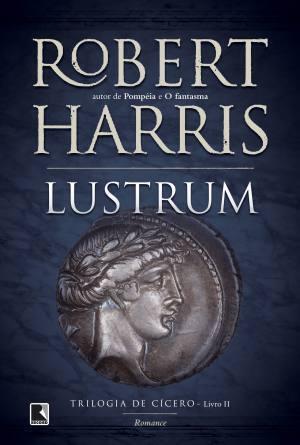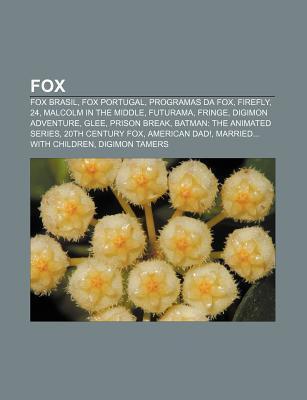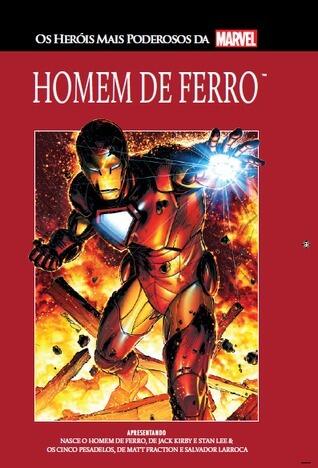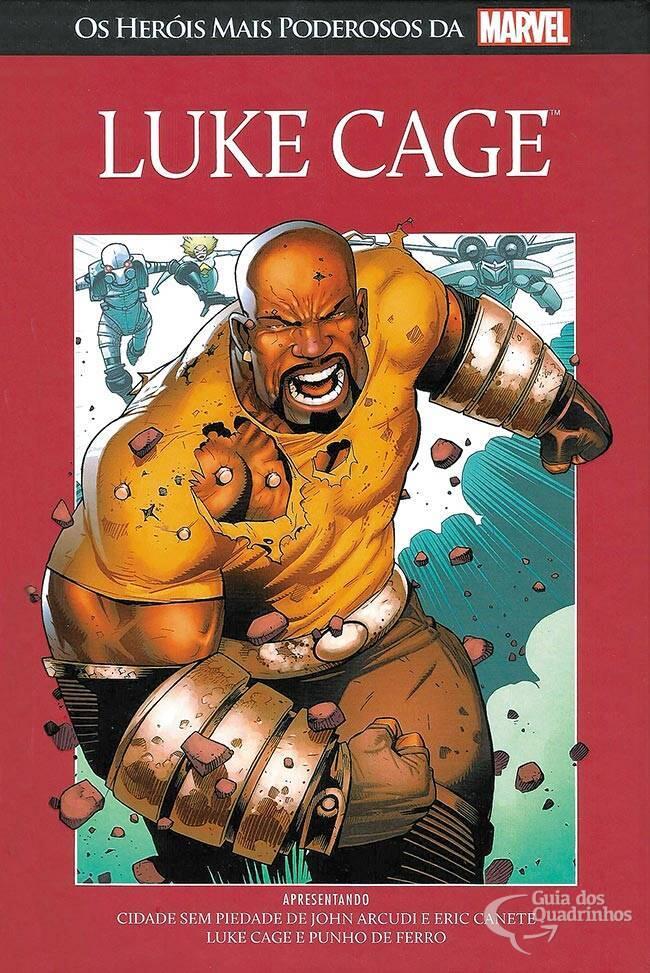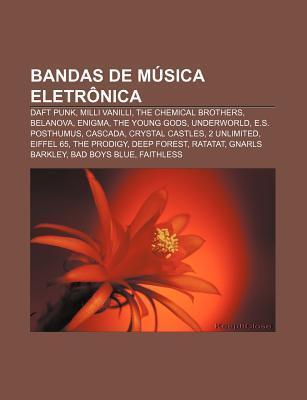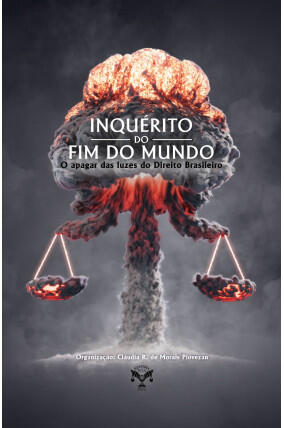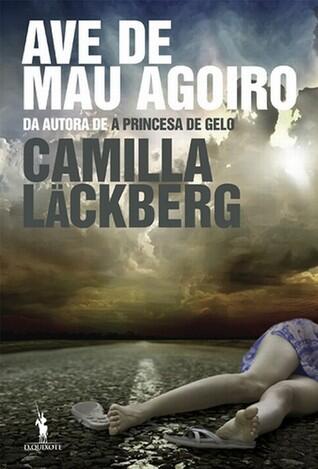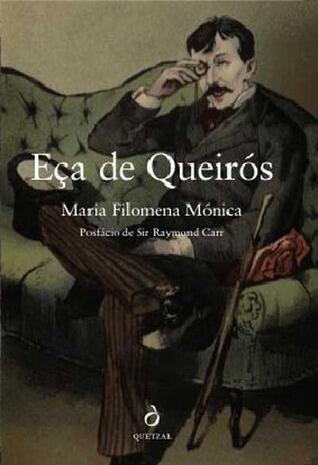
Eça de Queirós
まだ評価がありません
Mystery
Biography
形式
ペーパーバック
ページ数
526
言語
ポルトガル語
公開されました
Jan 1, 2009
出版社
Quetzal Editores
ISBN-10
9725647890
ISBN-13
9789725647899
説明
Maria Filomena Mónica offers an in-depth exploration of Eça de Queirós, a seminal figure in Portuguese literature. Through meticulous research and insightful analysis, she presents a portrait of an author whose work resonates with the complexities of 19th-century Portuguese society. Queirós is often noted for his sharp wit and keen observation, qualities that elevate his narratives to a level comparable with the masterpieces of literary giants like Proust.
Mónica deftly unpacks the various themes that permeate Queirós's writings, including the critique of social structures, the intricacies of human relationships, and the clash between tradition and modernity. His characters often grapple with existential dilemmas, serving as a reflection of the broader cultural shifts occurring in Europe at the time.
As readers delve into this analysis, they are invited to appreciate not just the individual works of Queirós, but also their place within the larger context of literary history. The author paints a vivid picture of a man whose literary legacy continues to inspire and challenge readers today, affirming Queirós's role as a cornerstone of modern literature.
In essence, the narrative serves as both a biography and a critical study, illuminating the brilliance of Eça de Queirós while inviting readers to reflect on the timeless themes that continue to resonate across generations.
Mónica deftly unpacks the various themes that permeate Queirós's writings, including the critique of social structures, the intricacies of human relationships, and the clash between tradition and modernity. His characters often grapple with existential dilemmas, serving as a reflection of the broader cultural shifts occurring in Europe at the time.
As readers delve into this analysis, they are invited to appreciate not just the individual works of Queirós, but also their place within the larger context of literary history. The author paints a vivid picture of a man whose literary legacy continues to inspire and challenge readers today, affirming Queirós's role as a cornerstone of modern literature.
In essence, the narrative serves as both a biography and a critical study, illuminating the brilliance of Eça de Queirós while inviting readers to reflect on the timeless themes that continue to resonate across generations.
